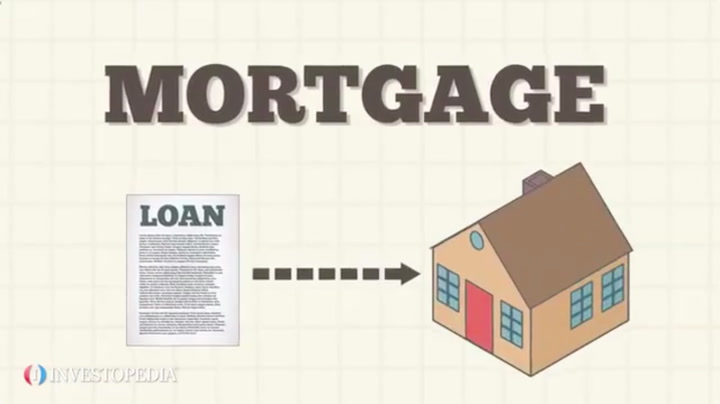Mortgage loans are a common financial tool used by individuals to purchase homes or real estate properties. They are long-term loans secured by the property being purchased, wherein the borrower repays the loan over a specified period with interest.

Types of Mortgage Loans
Conventional Mortgage Loans
Conventional mortgage loans are not insured or guaranteed by any government agency. They typically require a higher credit score and a larger down payment compared to other types of mortgage loans.
FHA Loans
FHA loans are backed by the Federal Housing Administration and are popular among first-time homebuyers due to their lower down payment requirements and more flexible eligibility criteria.
VA Loans
VA loans are available to eligible veterans, active-duty service members, and surviving spouses. They are guaranteed by the Department of Veterans Affairs and often offer competitive interest rates and no down payment options.
USDA Loans
USDA loans are offered by the U.S. Department of Agriculture to individuals in rural areas who meet certain income requirements. They provide low-interest rates and require no down payment.
How Mortgage Loans Work
Mortgage loans involve borrowing a specific amount of money from a lender to purchase a property. The property serves as collateral for the loan, meaning that if the borrower fails to repay the loan, the lender can foreclose on the property to recover their investment.
Factors Affecting Mortgage Loan Eligibility
Several factors influence a borrower’s eligibility for a mortgage loan, including credit score, income, employment history, debt-to-income ratio, and the size of the down payment.
Mortgage Loan Application Process
The mortgage loan application process involves submitting various documents to the lender, including proof of income, employment verification, bank statements, and information about the property being purchased.
Mortgage Loan Approval Process
Once the application is submitted, the lender evaluates the borrower’s creditworthiness and the property’s value to determine whether to approve the loan. This process may involve a thorough review of the borrower’s financial history and an appraisal of the property.
Mortgage Loan Repayment Options
Mortgage loans offer various repayment options, including fixed-rate mortgages, adjustable-rate mortgages, and interest-only mortgages. Borrowers can choose the option that best fits their financial situation and long-term goals.
Benefits of Mortgage Loans
One of the main benefits of mortgage loans is that they allow individuals to purchase homes without having to pay the full purchase price upfront. Additionally, mortgage interest may be tax-deductible, and homeownership can build equity over time.
Risks Associated with Mortgage Loans
While mortgage loans provide opportunities for homeownership, they also come with risks. These include the risk of defaulting on the loan, foreclosure, and the potential for declining property values.
Tips for Getting the Best Mortgage Loan
To secure the best mortgage loan terms, borrowers should shop around for lenders, compare interest rates and fees, improve their credit score, save for a larger down payment, and consider seeking pre-approval before house hunting.
Mortgage Loan Refinancing
Mortgage loan refinancing involves replacing an existing mortgage with a new loan that has more favorable terms. This can help borrowers lower their monthly payments, reduce their interest rate, or tap into their home’s equity for cash.
Common Mortgage Loan Terminologies
Understanding common mortgage loan terminologies such as principal, interest, down payment, closing costs, and escrow can help borrowers navigate the mortgage loan process more effectively.
Frequently Asked Questions about Mortgage Loans
- What is a mortgage loan?
- A mortgage loan is a type of loan used to purchase real estate, typically repaid over a long period with interest.
- How do I qualify for a mortgage loan?
- Eligibility for a mortgage loan depends on factors such as credit score, income, employment history, and the size of the down payment.
- What are the different types of mortgage loans available?
- Common types of mortgage loans include conventional loans, FHA loans, VA loans, and USDA loans.
- What are the benefits of homeownership with a mortgage loan?
- Homeownership with a mortgage loan can build equity, provide tax deductions, and offer stability and control over living space.
- What are the risks of taking out a mortgage loan?
- Risks associated with mortgage loans include defaulting on the loan, foreclosure, and the potential for declining property values.
Conclusion
Mortgage loans play a crucial role in facilitating homeownership for individuals across various financial backgrounds. Understanding the types, processes, and risks associated with mortgage loans can empower borrowers to make informed decisions and achieve their homeownership goals

